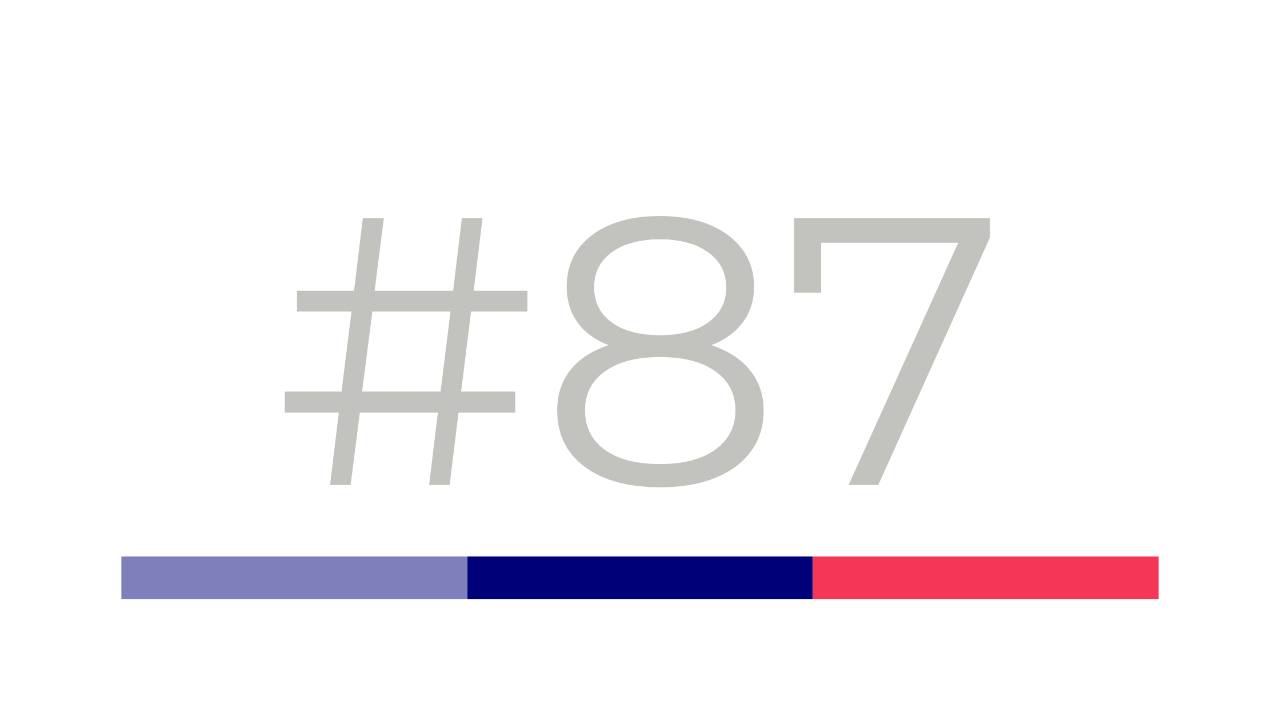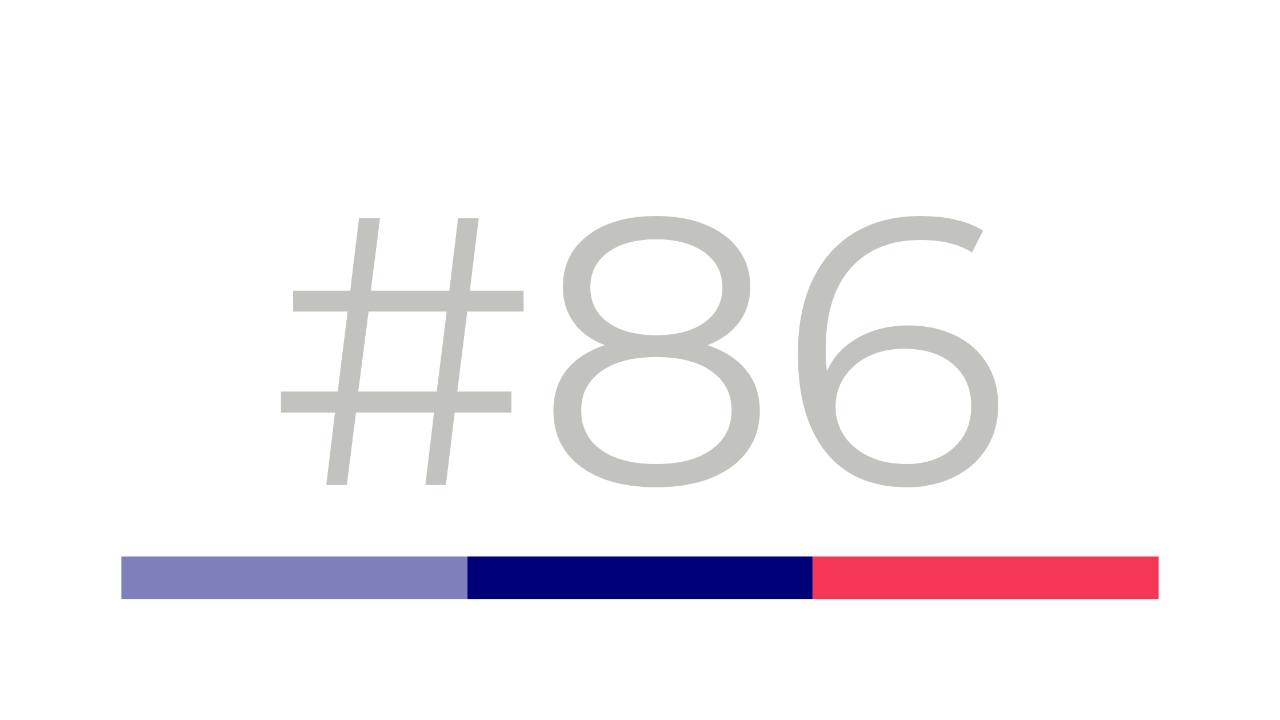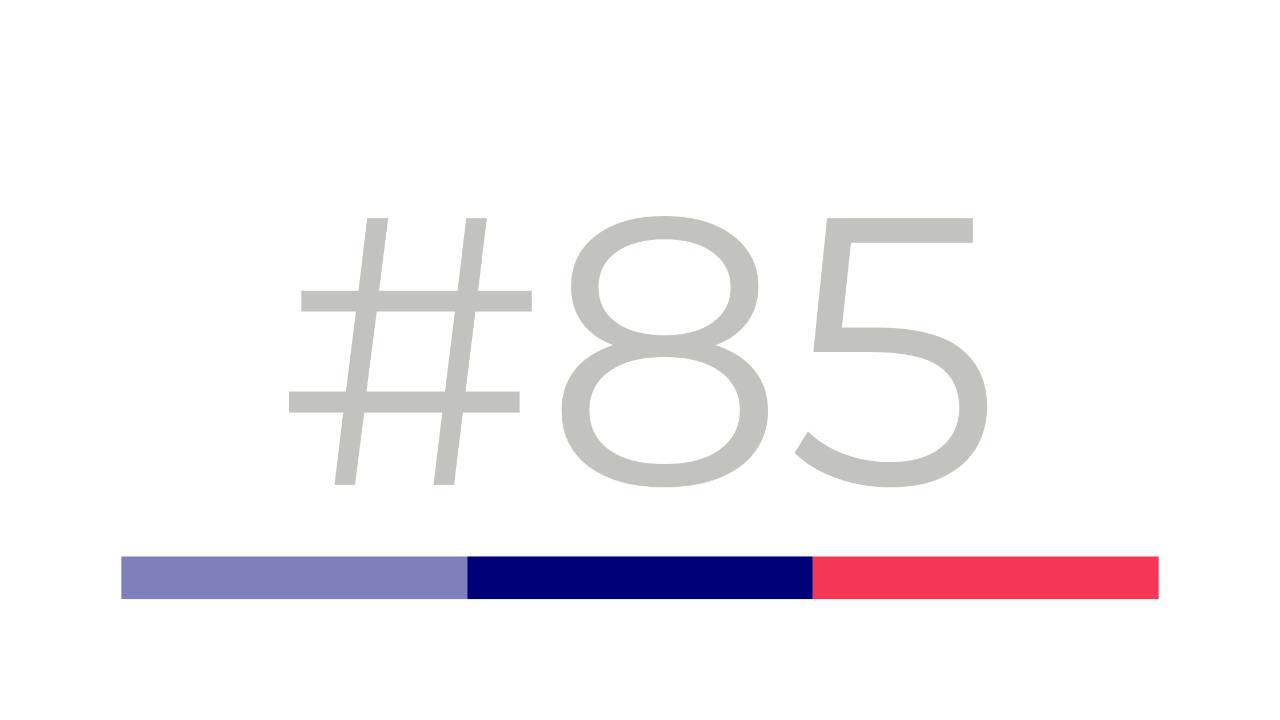Want to Work with Adults? Your Resume Needs to Say That—Here's How

The Challenge We’re Solving Today
You're transitioning out of the classroom and into a corporate role—maybe in operations, learning and development, or people strategy. You've got the skills, the leadership, the results.
But here's what might be holding you back:
Hiring managers aren’t seeing you as someone who works with and supports adults.
Even though you’ve collaborated with principals, coached colleagues, facilitated PD, or managed parent communications—none of that is obvious if your resume focuses only on students.
And that creates a disconnect between what you know you can do… and what they think you’ve done.
Why This Matters to You
When recruiters scan your resume, they’re looking for evidence that you can succeed in their environment: one where you’ll collaborate with teams, support leaders, and communicate across departments.
If every bullet on your resume points to student outcomes, you’re unintentionally signaling:
“I’ve only worked with kids.”
Psychologically, this plays into what's called the representativeness heuristic.
Pretty fancy, huh?
Simply put, this bias is our brain's tendency to judge someone’s fit based on how closely their experience matches what we expect.
If they're hiring for a role that supports a cross-functional team, and your resume reads like a classroom-only career, their brain (wrongly) says: not a match.
Common Solutions and Why They Might Not Work
You might be thinking, “I’ll just explain that in the interview.”
But that assumes you'll get the interview.
With only 7.4 seconds of recruiter attention, you need your resume to make that case up front. If it doesn’t show evidence of collaborating with adults...
teachers, parents, admin, or external partners...
...you won’t make it past the skim.
A Better Approach for You
The One Thing to Do Today:
Rewrite the top bullet of your most recent role to highlight how you worked with and supported other adults.
Why it works:
Thanks to the primacy effect, hiring managers remember what they see first. If you start with adult-facing experience, you immediately break the mental link between “teacher” and “only works with students.”
🔧 How to Do It (10-Minute Fix)
❌ Before:
Taught 10th grade Biology using project-based learning models.
✅ After:
Designed and delivered cross-functional training for faculty, aligning instructional strategy across 5 classrooms.
See the shift?
Now you sound like someone who can run onboarding, facilitate a workshop, or lead internal communication across teams.
Other ways to make this shift:
-
“Collaborated with school leadership to implement new performance metrics…”
-
“Facilitated PD workshops for staff on data tools and differentiated instruction…”
-
“Led parent strategy sessions to increase community engagement and alignment on success metrics…”
You’ve done the work—now frame it through the right lens.
Summary
-
If you're moving into a role supporting adults, your resume needs to reflect adult-facing experience.
-
Hiring managers judge fit based on how well your resume mirrors their needs.
-
Use the primacy effect to your advantage by leading with collaboration, leadership, and communication with adults.
-
This small shift closes the perception gap between ‘former teacher’ and ‘early-career professional.’
Your Next Step Today
🖊 Take 10 minutes. Rewrite your top resume bullet to showcase your impact with adults.
It could be on stuff like:
- staff training
- committee leadership
- special event coordination
- leadership collaboration
- parent partnerships
Put it front and center. That’s what hiring managers need to see.
That's it for now.
See you next week.
P.S. I'll give you the complete rundown of all the ways you've likely worked with adults in Module 2 of my Career Change Accelerator™ . I've got your back.

Steph Yesil
Find me on LinkedIn , Get My Career Change Kit , Book a 1:1 Call





